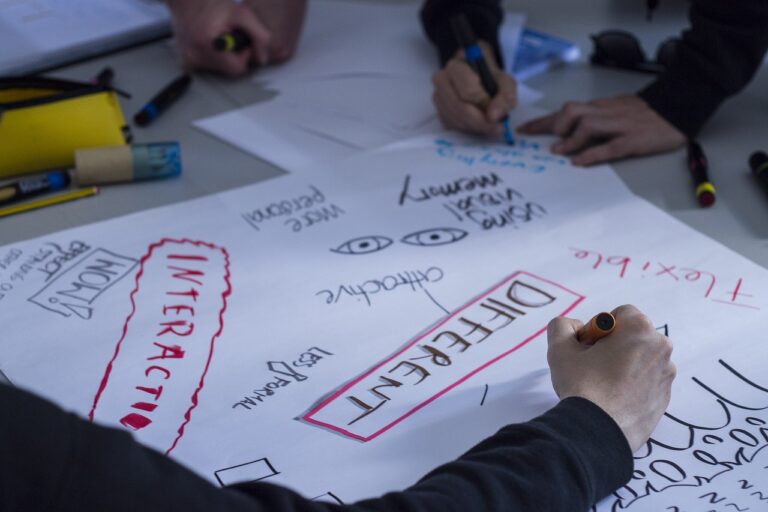Strategies for Promoting Culturally Responsive Professional Development
Culturally responsive professional development is essential for creating inclusive work environments. One key component is the recognition of diverse cultural backgrounds and perspectives among employees. This involves acknowledging and valuing the multitude of experiences and beliefs that individuals bring to the workplace.
Another vital aspect is the provision of training that fosters cultural awareness and sensitivity. This can include workshops on unconscious bias, diversity appreciation, and effective communication across cultures. By equipping employees with the skills to navigate cultural differences respectfully, organizations can promote a more harmonious and productive work environment.
Understanding Cultural Competence in the Workplace
Cultural competence in the workplace is crucial for promoting diversity, equity, and inclusion within an organization. It involves employees and leaders being able to understand and effectively interact with individuals from diverse cultural backgrounds. This understanding goes beyond simply acknowledging differences; it requires actively seeking to learn about different cultures, perspectives, and practices.
By fostering cultural competence in the workplace, organizations can create a more inclusive and welcoming environment for all employees. This not only improves teamwork and collaboration but also enhances creativity and innovation by drawing on the unique experiences and knowledge that each individual brings to the table. Embracing cultural competence can lead to increased employee engagement, improved communication, and a greater sense of belonging among team members.
What is cultural competence in the workplace?
Cultural competence in the workplace refers to the ability of individuals and organizations to effectively interact with people from different cultures and backgrounds.
Why is cultural competence important in the workplace?
Cultural competence is important in the workplace because it allows for better communication, collaboration, and understanding among employees from diverse backgrounds. It also helps to create a more inclusive and welcoming work environment.
How can I improve my cultural competence in the workplace?
You can improve your cultural competence in the workplace by participating in cultural awareness training, seeking out opportunities to learn about different cultures, and actively engaging with colleagues from diverse backgrounds.
What are some key components of culturally responsive professional development?
Some key components of culturally responsive professional development include promoting cultural awareness, fostering inclusive practices, providing ongoing training and support, and encouraging open communication and collaboration among employees.
How can I promote cultural competence within my organization?
You can promote cultural competence within your organization by implementing diversity and inclusion initiatives, creating a culture of respect and understanding, and providing resources and support for employees to learn about different cultures.





